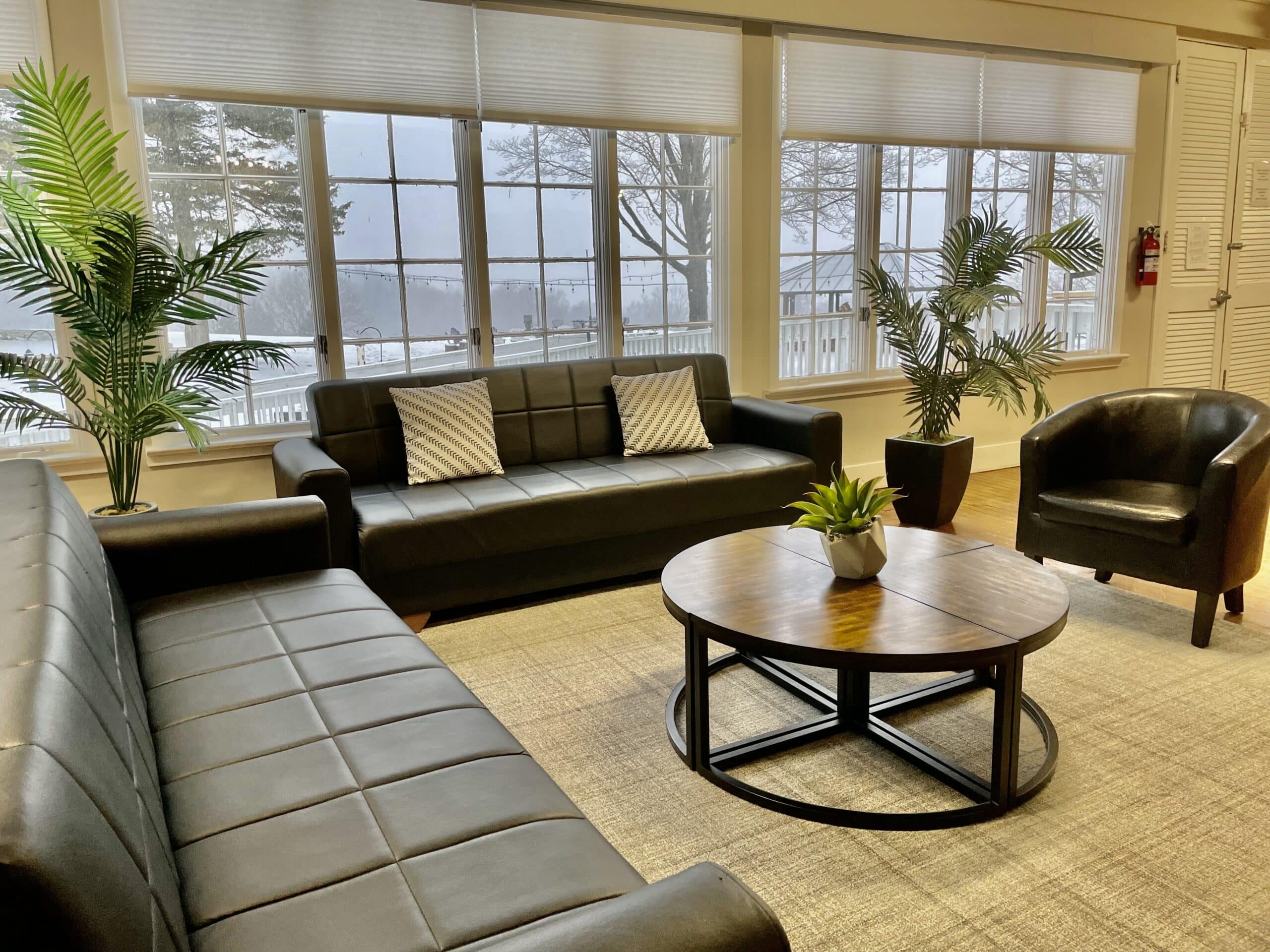Thankfully you can get help at an OCD treatment center. With the right rehab, a Tri-State OCD treatment program can help you:
- Learn how to manage your symptoms
- Identify triggers that worsen your OCD symptoms
- Detox from drugs or alcohol used for self-medication
- Apply relapse prevention education to avoid self-medicating in the future
Therapy
A Tri-State OCD treatment program will start with individual and group therapy. The most common therapy used to treat OCD is Cognitive Behavioral Therapy or CBT.
Cognitive Behavioral Therapy
CBT helps you to identify obsessive thoughts that can lead to harmful actions. This therapy facilitates a better understanding of harmful or error-prone messages your brain sends.
For example: If you walk by a friend and they don’t acknowledge you, your brain might mistakenly interpret that as your friend no longer liking you, which contributes to your belief that you are unworthy of love and have no friends. But with CBT, you can recognize that there are millions of reasons why your friend did not acknowledge you, almost all of which have nothing to do with you.
Exposure Therapy
Another popular therapy is Exposure and Response Prevention, or ERP. This form of therapy requires you to list your obsessions and compulsions, after which you work with a therapist to face some of your fears.
For example: If you are afraid of germs, especially in public, your therapist might work with you to expose yourself to germs in a public setting, a little bit at a time. That might include touching an elevator button.
Medication
Medication might be provided in conjunction with therapy. At an OCD treatment center, you might be given SSRIs to help control OCD symptoms or other medication to handle withdrawal symptoms if you are seeking addiction treatment concurrently.
OCD is a chronic illness, so the symptoms require constant attention and action. With regular efforts, you can more easily control and manage your symptoms. Similarly, you can avoid reverting to old habits with the right relapse prevention skills.
Dual Diagnosis
If you are struggling with substance abuse and OCD symptoms, our tri-state OCD treatment program can provide dual diagnosis services. Dual diagnosis services offer treatment for OCD and addiction at the same time.
The treatment program you receive will often include the following:
- Initial medical detox with supervision and medications to manage your withdrawal symptoms. You might require medication-assisted treatment or MAT for more severe addictions like opioids or alcoholism.
- Ongoing therapy and medication management. The therapy program will include a combination of individual and group therapy, with holistic treatments where appropriate. The precise therapies used will vary from person to person; for some, things like family therapy might be a good addition to a treatment plan, while for others, a better emphasis is on relapse prevention and meditation.
For those dealing with obsessive-compulsive disorder (OCD), it often feels like living in a nightmare. The symptoms of OCD are invasive and all-encompassing. As a result, people with OCD may have great difficulty in their day-to-day lives. Often, people feel helpless, overwhelmed, and upset. With each day that passes, those who suffer from obsessive-compulsive disorder feel physically and psychologically tired—especially if they try to hide it from family, friends, and co-workers. Worse yet, the anxiety and upsetting nature of this disorder can snowball into panic attacks which make things even worse.
If you or a loved one is dealing with OCD, you may feel that your situation is hopeless and there is no way out. Fortunately, there are excellent treatment options available that help you address and manage your OCD. This article will further explore what OCD is, the signs of OCD, and where you can find outpatient OCD programs near New Jersey.












